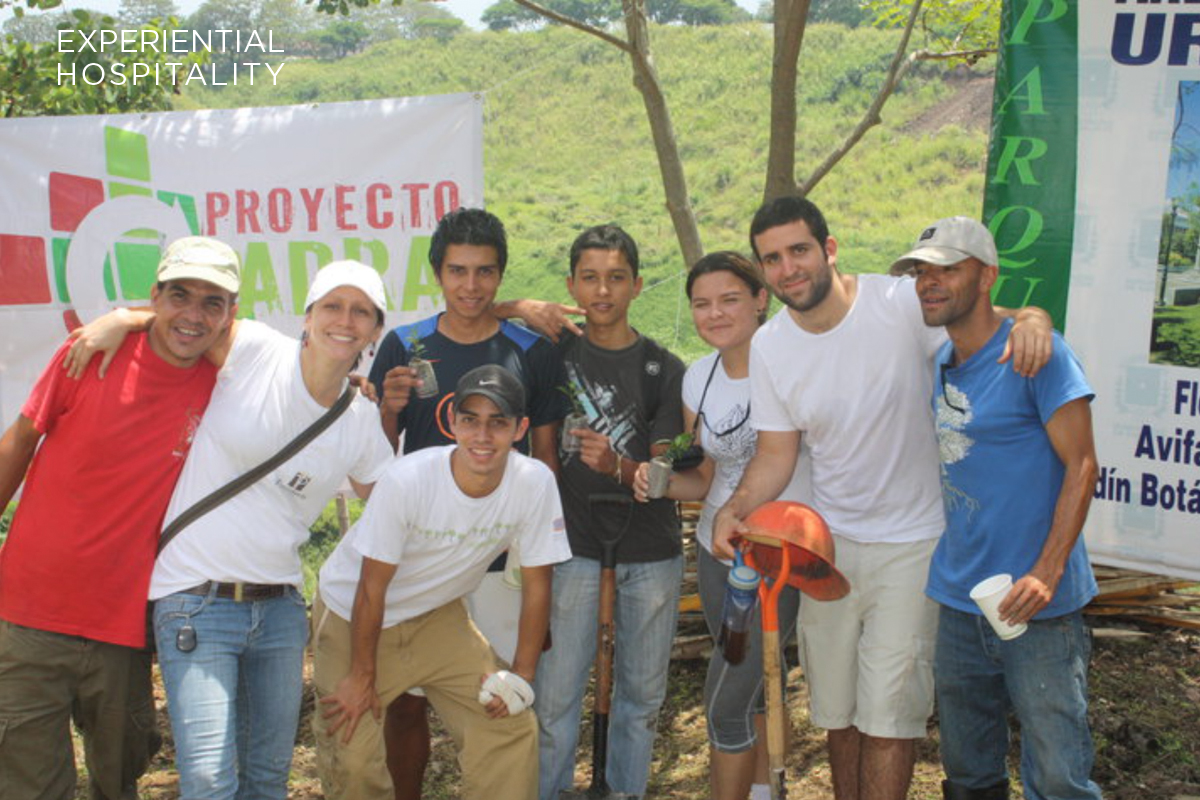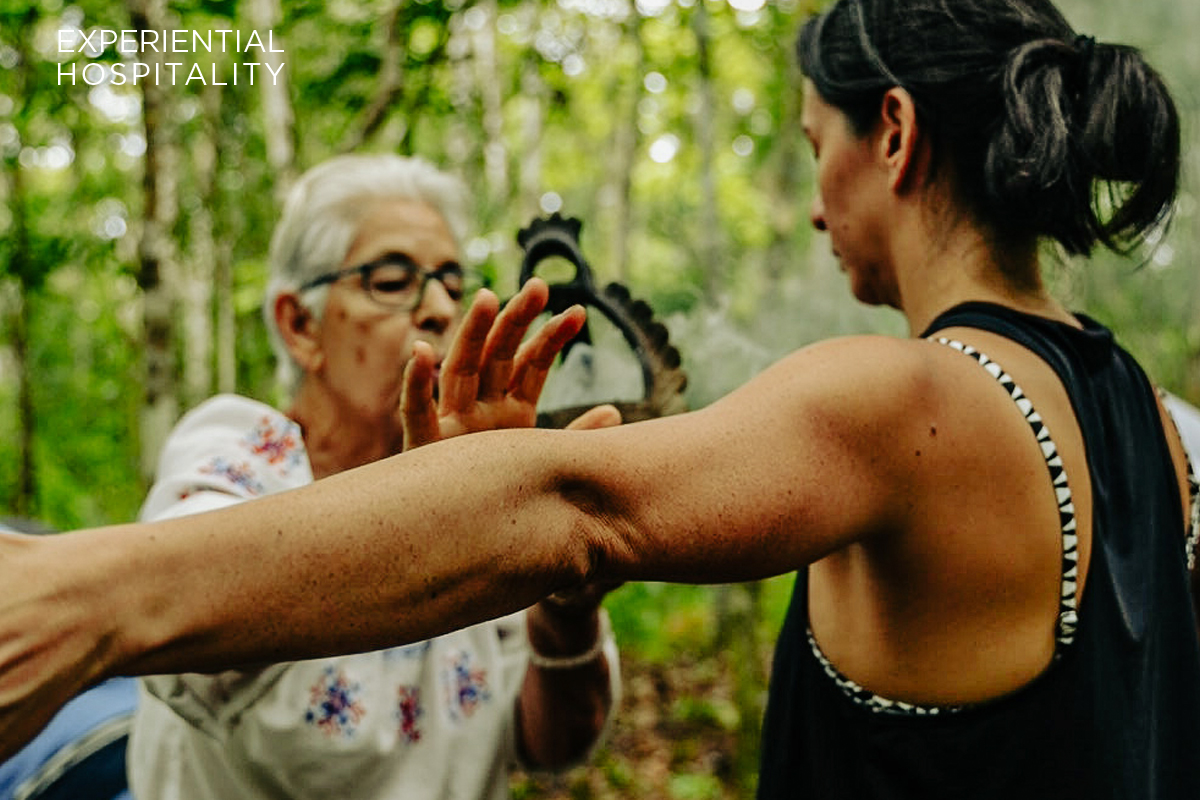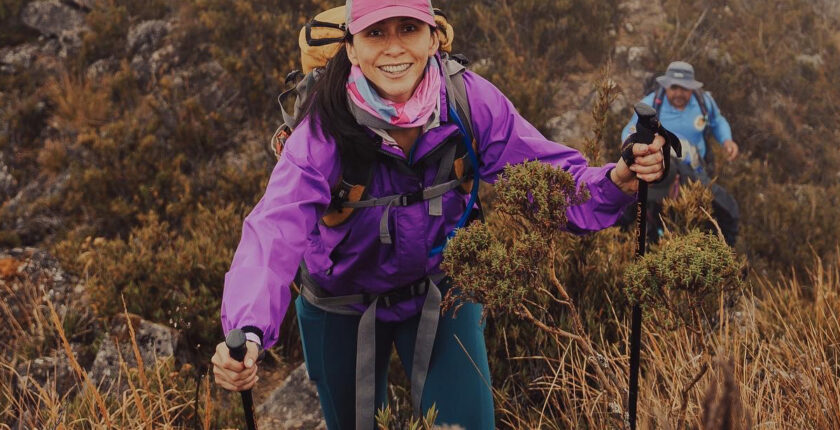Coffee Table Chat on Her Journey in Sustainability
One-on-One with Julieta Chan
Julieta Chan, a passionate advocate for sustainability in Costa Rica’s tourism industry, has seamlessly integrated eco-friendly practices into her professional and personal life. Her work and lifestyle reflect a deep commitment to environmental stewardship and community support. Join us as we chat with Julieta about her inspiring journey and the values that drive her dedication to sustainability.
1. What does sustainability mean to you within the travel and hospitality industry, and how do you define it in both your professional and personal life?
Sustainability has been the cornerstone of my career in the tourism industry. In Costa Rica, sustainability has been the guiding strategy for over 30 years. It’s a model I was raised in and has been part of my lifestyle since childhood. I have always been inspired by the idea that one can work in nature, educate others about environmental protection, and make a living doing something impactful and enjoyable.
Professionally, sustainability has profoundly shaped my career. My first job in the hospitality industry, as a Housekeeping Manager, involved creating a recycling program for a 100-room urban hotel in downtown San Jose. To make this initiative viable, I needed to collect enough recyclable materials to attract a recycling truck and ensure profitability for both parties. This led to the “Block Project,” which unified block Volume 2| Number 2 Date: August 2024 “Sustainability has been the cornerstone of my career in the tourism industry. In Costa Rica, sustainability has been the guiding strategy for over 30 years.” One-on-One with Julieta Chan: A brief Coffee Table Chat on Her Journey in Sustainability 2 leaders, hotels, restaurants, and stores around us to participate in a recycling route. This project resulted in the first commercial recycling line in San Jose and earned me a scholarship in International Marketing. Later, I led the municipality’s recycling program for over three years. Sustainability is also a core value in my household. My family has had an organic compost project and recycling program for over ten years, and we are currently working on creating a garden sanctuary for bees and hummingbirds. Additionally, we carefully choose where to shop, supporting local farmers and restaurants with ethical practices.

2. How do you incorporate sustainability into your trips, and what practices do you follow to ensure your travels are environmentally friendly?
In my personal travels, I follow several guidelines to ensure sustainability:
-
- 1. Travel Off-Season: I visit destinations during their low seasons to avoid crowds and support businesses when they need it most.
- 2. Choose Sustainable Accommodations: I select lodges and experiences that practice sustainability, verified by certifications and reviews.
- 3. Diverse Stays: I stay in different lodges to distribute my spending across various local families.
- 4. Eat Local: I dine at local restaurants to connect with the community and culture, ensuring my spending supports the local economy.
- 5. Offset Emissions: I compensate for my flight and land transportation emissions whenever possible.
- 6. Volunteer: I include volunteering experiences in my itinerary, supporting causes close to my heart and enhancing my connection to the places I visit.
These principles also guide my work as a regenerative experience designer.
3. In your view, what is the most significant challenge that travel and hospitality businesses encounter when striving to become more sustainable, and how do you suggest they overcome it?
The most significant challenge for travel and hospitality businesses in becoming more sustainable is balancing public and private interests through constructive dialogue with communities, developers, and local authorities. Having served as a board member of the Tourism Institute of Costa Rica for over six years and working in the private sector, I see a need for a collaborative effort to foster a sustainable industry.
Creating a constant check-in with stakeholders is essential to maintain and protect what is important socially, culturally, and environmentally for communities. For developers, this approach fosters better relationships, more loyal employees, and an enhanced reputation. Local authorities can develop plans with a shared vision, allocate funds effectively, and hold themselves accountable.
This effort requires leadership and a regenerative development perspective. Decision-making and KPI evaluations must adopt a longterm outlook. Developing regenerative leaders who can facilitate constructive dialogue, attract the right investors, and engage committed communities is crucial. These leaders must transcend personal interests to lead effectively and sustainably.


